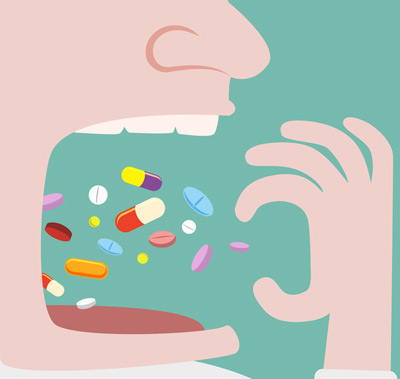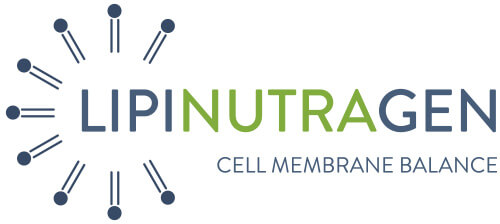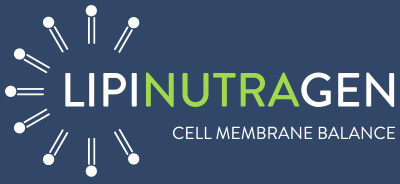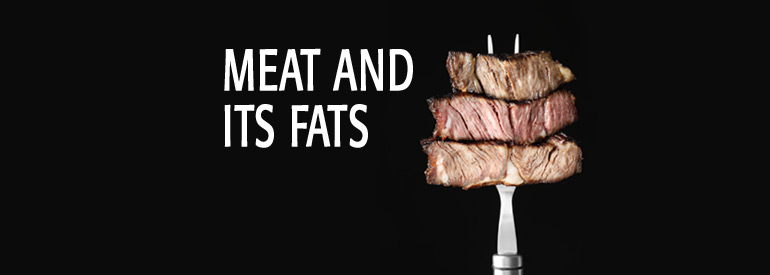
In search of well-being, let’s choose the supplement!

LipiMagazine blog was born to be a container of articles and information of great scientific relevance with a practical side in everyday life.
Today’s article is the opening line of a series of issues on the INTEGRATION.
The world of integration
The definition of SUPPLEMENT in itself is related to its action of “reestablish the levels ” of a certain element.
The fact around us is that we are bombarded every day with countless product slogans to improve or rediscover an ideal state of well-being. We speak of “supplement” in the broadest sense of the term, that is referring to a wide range of products, from the most common supplements of “magnesium and potassium” to those with targeted action, for example for weight loss.
The “bombing” is also responsible for the excellent commercial success of the sector. It is estimated that from 2018 to 2019, within the points of sale (pharmacy, drugstore, GDO), there was a global increase of more than 4% in the supplements’ sale, compared to the same period of the previous year, with a value overall over 3.2 billion euros.
This data and the widespread news that can be found on the internet, sometimes unclear, drove us to give a response to the following questions: how do we choose the supplement for us? Do we carefully read the information (list of ingredients and nutritional value table) on the packaging? Do we know what our body really needs? Do we ask for advice from a Specialist (pharmacist, doctor or nutritionist), or do we consider the news on the web or the opinion of a friend to be comprehensive?
Before buying and taking a supplement we must consequently know …
What are food supplements?
The term supplements already allows us to understand their ultimate goal, “food products intended to supplement the common diet and which constitute a concentrated source of nutrients, such as vitamins and minerals, or other substances having a nutritional or physiological effect, in particular, but not exclusively, amino acids, essential fatty acids, fibers and extracts of vegetable origin, both single and multi-compound, in pre-dosed forms “(Directive 2002/46 / EC, implemented with the legislative decree 21 May 2004, n. 169).
This definition clarifies that the supplement is taken to “supplement” the diet, that is, knowing what we CANNOT provide with our eating habits. We will come to the concept of the supplement “need” later.
Food supplements are usually presented in small consumable units such as capsules, tablets, sachets, vials and alike.
While being over-the-counter and not entering the category of drugs, current legislation regulates the marketing of these products; in fact, this last one is subject to the notification procedure to the Ministry of Health. Once this procedure has been passed, the products are coded and included in a special list. (2)
Where can they be purchase?
Since these are freely sold products, they can be found on supermarket shelves, in pharmacies, parapharmacies, in sports shops, online. The purchase is therefore direct, it does not always require the involvement of a health professional. Pharmacist, doctor and nutritionist are the only figures who, thanks to their studies and practice, can provide support in the process of assessing the need and purchasing a supplement.
The supplements have a food label!
Many times, prompted by the advice of a friend or an advertisement, we do not ask for support from a professional in the field; it is therefore essential to read the label carefully in order not to spend money “unnecessarily” and above all not to bring excessive elements and / or quantities of components that the body does not need. Yes, supplements have a food label, just like any product in the food sector. On the package, in addition to the list of ingredients, it is mandatory to report the table of nutritional values.
Last but not least, particular attention must be paid to the methods of use, warnings and the presence of any allergens.
When to assume a supplement?
 To this question cannot be given a generic answer; the use of supplements should occur only when necessary, in case of nutritional deficiencies – due to reduced intake and / or increased need – or to assist certain types of treatments, or when, on the evaluation of a Specialist, it is necessary to support certain functions of the body. Surely, however, the supplement should not be intended as a “substitute for a varied and balanced diet and a correct lifestyle”.
To this question cannot be given a generic answer; the use of supplements should occur only when necessary, in case of nutritional deficiencies – due to reduced intake and / or increased need – or to assist certain types of treatments, or when, on the evaluation of a Specialist, it is necessary to support certain functions of the body. Surely, however, the supplement should not be intended as a “substitute for a varied and balanced diet and a correct lifestyle”.
Do they always work?
In a person who is healthy and without an analytical finding of a deficiency, the use of a supplement that brings undetected elements may “not be ideal”. Having said this, in general, the risks of integration are very low; the few that may occur result from unbalanced nutritional dosages.
In this context, the European Food Safety Authority comes to support the consumer himself, which elaborates scientific opinions and advice that integrate the basis of European legislation and policies on the food chain. (EFSA).
Finally, it should be remembered that the activity of a supplement is subordinate to its formulation, that is: to the selection of ingredients and their quantities together with the choice of the consumption unit (capsule, tablet, etc.), which are indispensable aspects evaluated by those who produces, to ensure the right level in the body, but above all the reaching of the site where the ingredients perform their natural (physiological) function. This is a key point of effective formulation.
Take home message
Advertising, news and information that we find on any mass-media affect us. Communication drives the market of any sector, but if we talk about health, attention must be very high in order not to fall into the slogans’ trap. In our own small way, we begin to be actors and not spectators, let’s ask ourselves questions and find the answers through the help of scientific-institutional channels.
Bibliography:
- Source: Unione Italiana Food, http://www.integratoriitalia.it/integratori-consumo-crescita-del-4-mercato-ora-vale-32-miliardi/
- Food supplements and ministerial guidelines. Directive 2002/46 / EC, implemented with the legislative decree 21 May 2004, n. 169
- Guide to making the purchases of supplements on the web safer, Federsalus, https://www.federsalus.it/wp-content/uploads/2018/04/1522311426Decalogo_ITA.pdf
- Dietary supplements – general information. Epicenter: The epidemiology portal for public health by the Higher Institute of Health, https://www.epicentro.iss.it/integratori/
Article by the editorial team of Lipinutragen
The information given should in no way replace the direct relationship between health professional and patient.
Photo: 123RF Archivio Fotografico: 62564046 ©kwangmoo / 123rf.com | 39341567 ©ohyooha / 123rf.com
- On 25 September 2020



